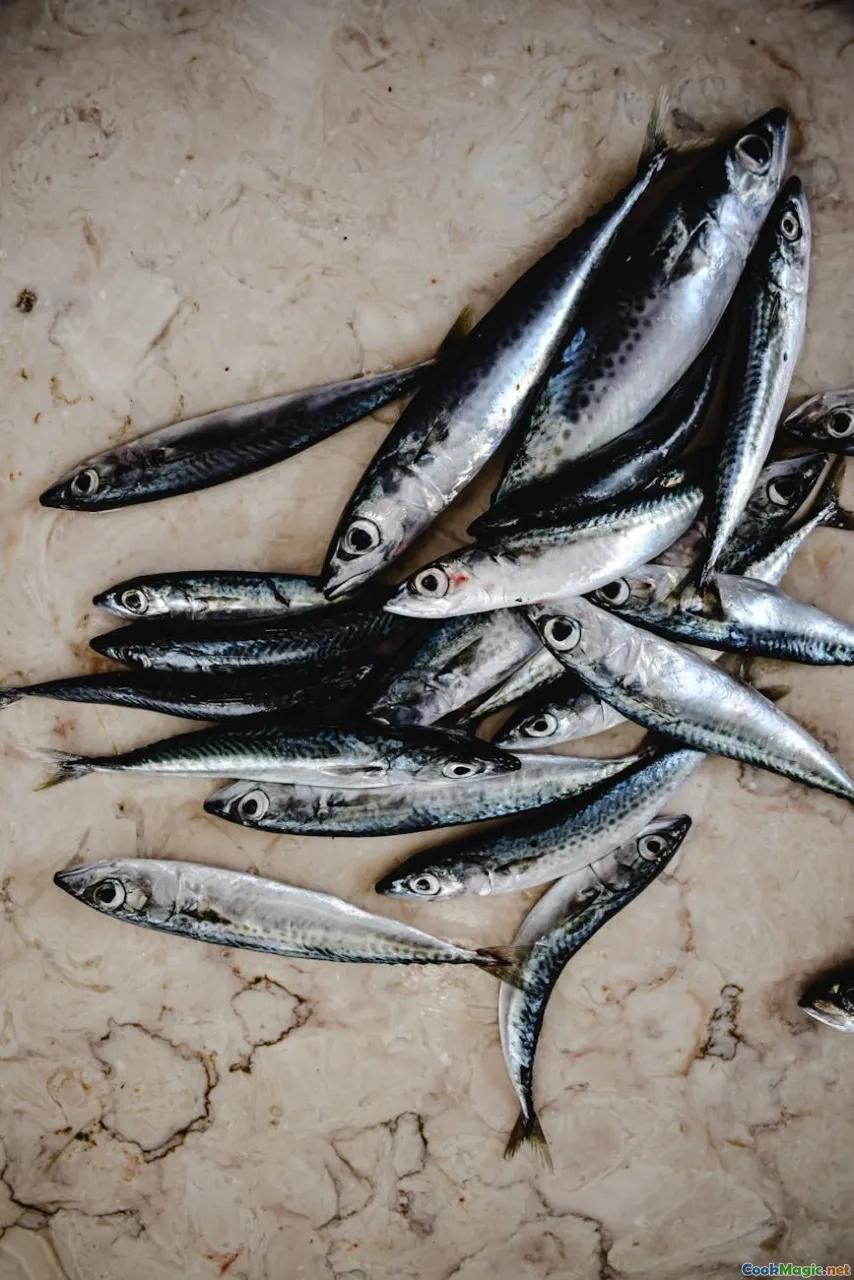From Sea to Table Modern Antigua Seafood Practices
7 min read Explore Antigua's evolving seafood practices, blending tradition with innovation to deliver fresh, sustainable, and culturally rich culinary experiences from ocean to plate. May 20, 2025 15:00
From Sea to Table Modern Antigua Seafood Practices
Antigua and Barbuda, a jewel nestled in the Caribbean Sea, boasts a vibrant culinary scene deeply rooted in its maritime heritage. The island's relationship with the sea isn't just about recreation or scenic beauty—it's a vital part of its identity, economy, and cuisine. Today, this bond continues to evolve, embracing modern practices that honor tradition while pioneering sustainability and innovation. This article delves into the fascinating world of Antigua's seafood practices, exploring how local fishermen, chefs, and communities are transforming the way they harvest, prepare, and serve the bounty of the ocean—from sea to table.
A Rich Maritime Heritage: The Heartbeat of Antigua's Cuisine
Antigua’s history is intertwined with the sea. Indigenous peoples, European explorers, and African ancestors all contributed to a fishing culture that has persisted for centuries. Historically, local fishermen relied on traditional methods—hand lines, small boats, and simple nets—to catch fish such as kingfish, grouper, and snapper. These species were not only dietary staples but also integral to social and cultural rituals.
The aroma of freshly grilled lobster or jerked kingfish still carries the nostalgic scent of local beach shacks. These dishes, bursting with flavor and freshness, symbolize a connection to the land and sea that has endured for generations.
Modern Challenges and Opportunities
In recent decades, Antigua's fishing industry has faced numerous challenges: overfishing, climate change, pollution, and economic pressures. As global demand for seafood rises, so does the responsibility to adopt sustainable practices that preserve marine ecosystems.
However, these challenges have spurred innovation. Local fishermen, chefs, and policymakers are collaborating to implement practices that ensure the longevity of Antigua’s seafood resources while maintaining culinary excellence.
Embracing Sustainability: From Traditional to Contemporary
1. Responsible Fishing Methods
Modern Antigua seafood practices prioritize responsible fishing that minimizes environmental impact. This includes:
- Selective Gear Use: Transitioning from indiscriminate nets to more selective gear like hook-and-line methods, which reduce bycatch and protect juvenile fish.
- Seasonal Fishing: Aligning fishing schedules with breeding cycles to allow fish populations to recover.
- Marine Protected Areas (MPAs): Establishing zones where fishing is restricted or prohibited, fostering biodiversity and replenishment.
2. Aquaculture and Fish Farming
To supplement wild catch and reduce pressure on natural stocks, Antigua has begun exploring aquaculture. Small-scale fish farms, focusing on species like tilapia and local shellfish, are emerging as sustainable alternatives that provide fresh seafood without depleting wild populations.
3. Community-Based Conservation
Community involvement is crucial. Local cooperatives and fishers' associations are actively participating in conservation programs, sharing knowledge, and promoting sustainable practices. Educational initiatives aim to raise awareness about marine stewardship among residents and visitors.
The New Wave of Antigua Seafood Cuisine
1. Fresh, Local, and Innovative Dishes
Antigua’s chefs are reimagining traditional seafood dishes with modern techniques and presentation. Think: tender, grilled mahi-mahi served with tropical fruit salsas, or jerk-spiced lobster tail paired with locally sourced vegetables.
2. Farm-to-Table and Market Fresh
Farmers’ markets and seafood markets buzz with activity, showcasing the day’s catch. Chefs often visit these markets daily, selecting fish and seafood that are just hours out of the water, ensuring peak freshness.
3. Celebrating the Sea in Every Bite
Events like the annual Antigua & Barbuda Seafood Festival highlight the island’s seafood bounty. From ceviche to curried crab, these culinary celebrations honor the ocean’s gifts while emphasizing sustainable sourcing.
Personal Insights: Connecting with the Ocean
As a food writer, I’ve had the privilege to dine in some of Antigua’s hidden gems—from seaside shacks to upscale restaurants. What struck me most is the palpable respect for the sea. Chefs often share stories about their fishermen friends, emphasizing the importance of sustainable relationships.
One memorable experience was visiting a local fish farm where young entrepreneurs are innovating with aquaculture. Watching tiny tilapia swim in clear tanks while tasting freshly grilled snapper later that evening underscored the potential for sustainable growth.
The Future of Antigua’s Seafood Practices
Looking ahead, Antigua’s seafood industry is poised to become a model for Caribbean sustainable practices. Embracing technology—such as GPS tracking for boats, electronic catch documentation, and real-time market data—can further optimize fishing efforts.
Moreover, educational programs aimed at fishermen and consumers alike will foster a culture of sustainability, ensuring that future generations can enjoy the ocean’s riches.
Final Thoughts
From traditional methods rooted in history to cutting-edge sustainability initiatives, Antigua’s seafood practices exemplify a harmonious balance between honoring the past and innovating for the future. The island’s commitment to responsible harvesting not only preserves its marine biodiversity but also elevates its culinary identity on the global stage.
As visitors and locals savor each bite—be it a simple grilled fish or an elaborately crafted seafood platter—they partake in a story of resilience, respect, and culinary excellence. The journey from sea to table in Antigua is a testament to a community that values its ocean as much as its flavors, ensuring that the island’s seafood legacy continues to thrive for generations to come.









